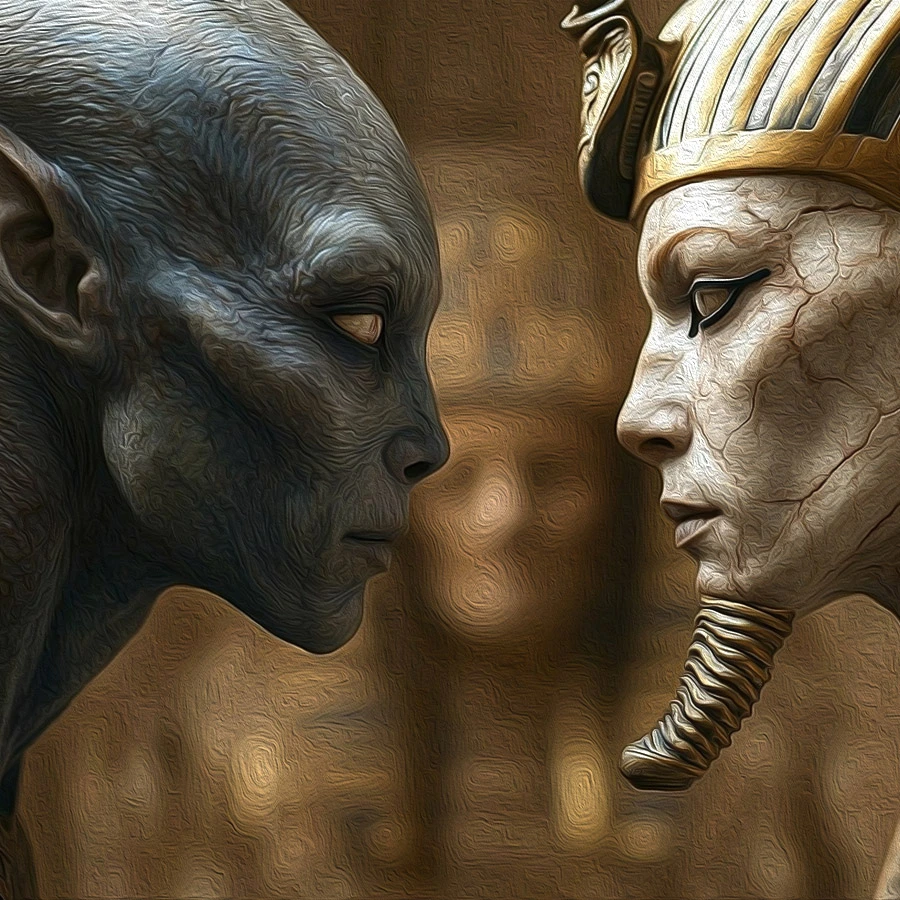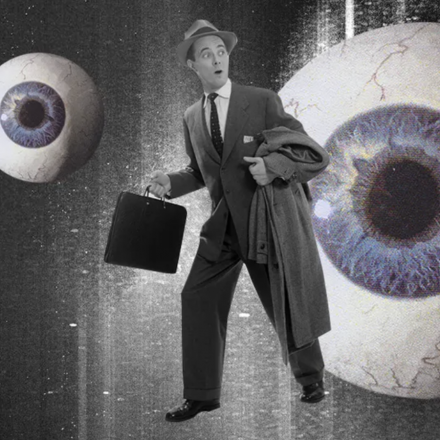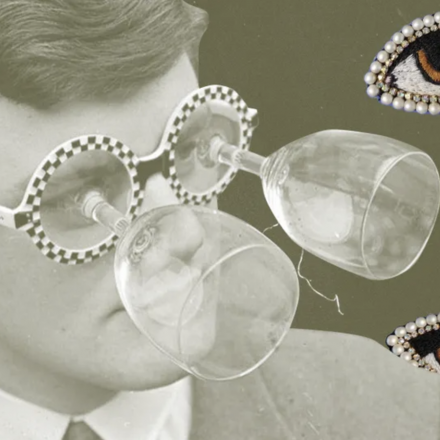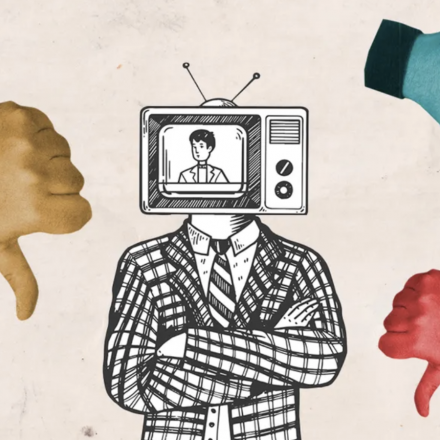When was the last time you wondered, why do humans need gods? Not just to throw lightning bolts or ensure a good harvest, but to monitor how we behave. Think about it: moralizing gods—those who demand honesty, kindness, and justice—are a rather strange invention. Especially considering that for 99% of human history, people got along just fine without them.
Hunter-Gatherers: No Surveillance Cameras in the Sky
Imagine living in a small group of hunter-gatherers. Everyone knows everyone. Everyone relies on each other. Morality here isn’t built on the fear of divine judgment but on personal relationships. You won’t steal a piece of meat from your neighbor because tomorrow you’ll need to hunt mammoths together. And if you do steal, everyone will find out—and there goes your reputation.
What about gods in these societies? Of course, they existed. But they mostly represented natural forces, demanded sacrifices, or helped with hunting. They didn’t care at all about how you treated your neighbors.
When Did the "All-Seeing Eye" Appear?
Everything changed when people started gathering in larger societies. Villages, towns, the first states. Suddenly, you were meeting strangers all the time. You didn’t know them, and they didn’t know you. Anonymity created the perfect conditions for deception, betrayal, or selfish behavior. Who would maintain order?
The answer came quickly: a god. But not the old god satisfied with sheep on an altar—a new moralizing god, who saw everything, even if you hid behind clay walls. This "all-seeing eye" became a crucial tool for maintaining order in massive societies where personal relationships no longer worked.
Why Does This Matter Today?
This idea still influences us. Even if you’re an atheist, you live in a society where moral rules are deeply connected to the concept of a judging, all-seeing entity. We’re used to the idea that someone or something “above” must oversee us. But as psychologist Ara Norenzayan’s work shows, this is simply a cultural invention.
The question is, what comes next? As technology replaces gods and cameras and algorithms take over control, do we still need the idea of a moralizing god? Or can we, like our hunter-gatherer ancestors, rebuild morality on trust and mutual support?
The world is changing, and the old "gods" are leaving. But the questions remain. Who’s watching you?


















